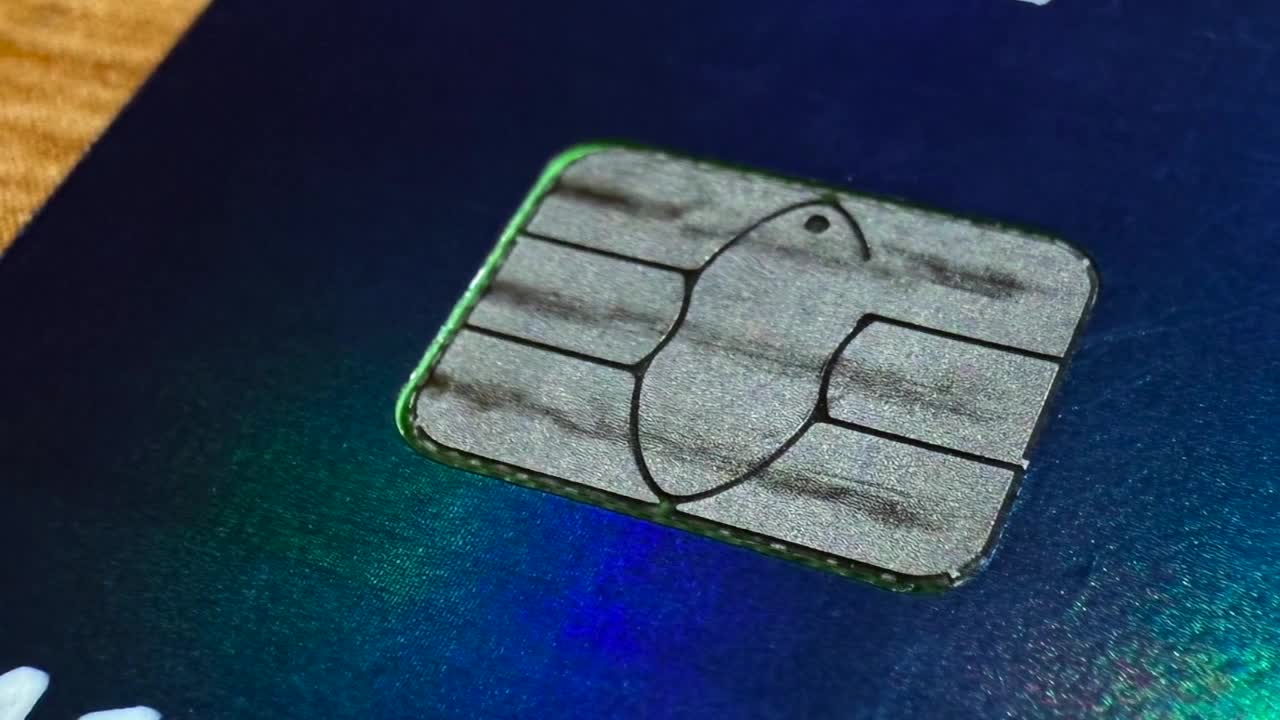BALTIMORE — The U.S. Secret Service, best known for guarding the president, spent two days in Baltimore this month focused on a different kind of security — the digital kind.
Agents swept nearly 500 businesses across the region, inspecting gas pumps, ATMs and checkout terminals for “skimmers” — devices criminals use to steal card information from unsuspecting customers.
By the end of the operation, agents had confiscated 22 skimming devices, a haul that federal officials estimate prevented $22.9 million in potential losses.
“Whoever is there at the time, we explain to them how to check the machines, and show them what kind of devices that we have been finding and what they feel like, what they look like, and what's the best way to remove them and then contact us,” said Vincent Porter, a financial analyst with the Secret Service.
The operation, conducted with local police, focused on neighborhoods with heavy EBT use. The electronic cards are how families access SNAP food assistance and cash benefits, and losing even one payment can be devastating for those who rely on them.
“This is extremely necessary," aid Sgt. Sergio D’Alto of the Bel Air Police Department. "They're depending on [this money] to put food on the table, clothe their children, whatever it may be, and it's another form of theft and we take it seriously."
EBT thefts surge as Maryland plays catch-up on security
Since March 2023, Maryland has reimbursed more than $43 million to households whose SNAP or cash benefits were stolen. And while the state is among only a handful still reimbursing theft victims, there's still no mechanism to stop these thefts.
Unlike most debit or credit cards, Maryland’s EBT cards still use magnetic stripes instead of security chips. That makes them easier to clone and harder to protect.
“There's very low security system on EBT cards. They're mag strip, they're not chipped like what we have in our pocket," said Porter.
"If those cards were chipped, would it solve this problem?" asked WMAR-2 News Mallory Sofastaii.
"It wouldn't solve the problem, it would greatly reduce the issue," Porter replied.
A 2023 law required the Maryland Department of Human Services to transition to chip-enabled cards, but the rollout has been repeatedly delayed. Disputes over who would manufacture the new cards and disburse benefits slowed the process, and the state’s original contract award to Conduent was later overturned in a bid protest.
Maryland has since selected Fidelity Information Services, the same vendor that helped California launch chip-protected cards in January. Oklahoma, working with Conduent, is expected to be the next state to issue chip-enabled EBT cards.
“At the end of the day, we followed what the court said and we did not appeal the decision, and ultimately, continued to advocate for chipped card technology. There are only two firms in the entire United States of America that do this. And at the end of the day, our team was agnostic on which firm ultimately was going to partner with us," said DHS Secretary Rafael López.
He added that the state's new goal is to distribute chip-enabled EBT cards by July 2026.
“We have to treat our customers with the same kind of respect and dignity and offer them the exact same kind of modern technology that we'd expect in any other case," said López.
Nationwide, the Secret Service estimates skimming costs consumers and financial institutions more than $1 billion each year.
Even with chip cards, experts say the problem won’t disappear until magnetic stripes — the decades-old technology still used on EBT cards — are gone for good.
When a card is swiped, the magnetic stripe reveals key details — the cardholder’s name, number, expiration date, and security code. That’s the information criminals capture with skimmers and use to make duplicate cards. Chip cards help limit that risk by protecting most of that data behind encryption.
Still, criminals are adapting.
The Secret Service says thieves have learned to intentionally damage chip or tap areas on card readers, forcing customers to swipe — instantly exposing their data.
“A lot of it is organized crime groups, it's not the people that actually live here in the neighborhood. It's not the store owners like some people believe it is because that's the last place that they used their card. These are people that come from overseas with intentions of doing strictly this," Porter said.
Officials say consumers can reduce their risk with a few precautions:
- Tap or use contactless payment instead of swiping
- Inspect card readers — if the device looks loose, crooked or damaged, don’t use it
- Use ATMs inside bank vestibules or near staffed counters, not ones tucked away in convenience stores
- Opt for credit instead of debit when possible to avoid entering a PIN




